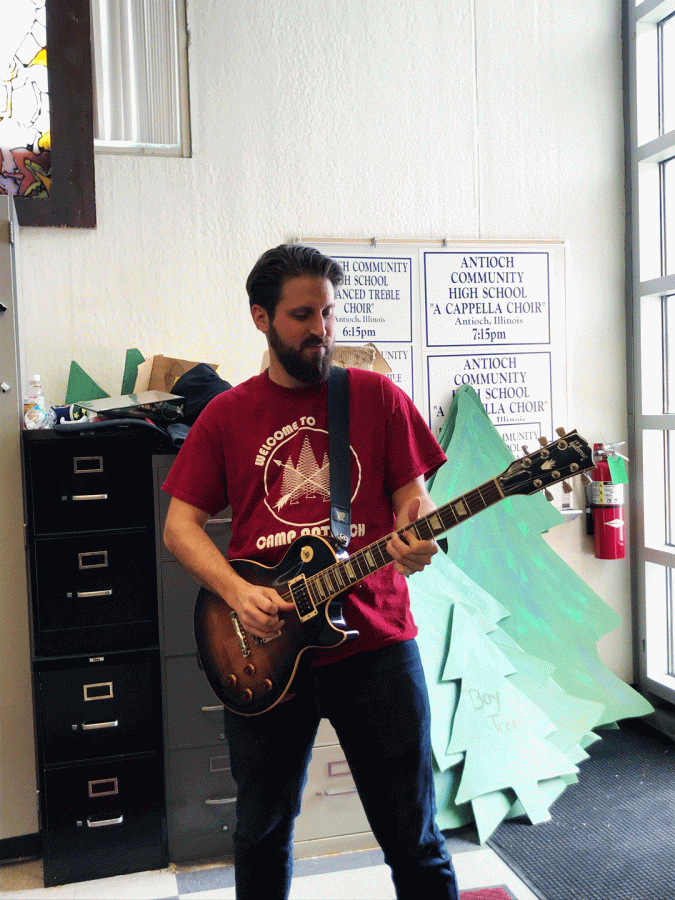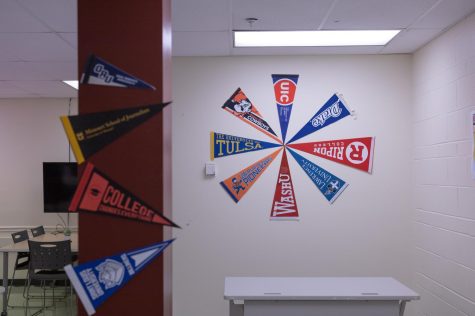ONLINE EXCLUSIVE: Rock The Ages
The former juggernauts of video game trends left to rely on two 2015 reboots.
Boston-based company Harmonix strung into gamers hearts with the creation of “Guitar Hero,” in 2005. The following six years led to a craze of plastic controllers and brand fighting, impacting the consumer market of many casual and high school fans. After the flood of games in the market, both the “Rock Band” and “Guitar Hero” series took a four-year break in releases for a new console generation to release. Each series tried to revive the rhythm games, each with separate successes.
“Guitar Hero Live” started out strong in adapting to the market as the publishers, Activision, made a major change in the controls. The company changed the guitar controls from the classic five colors to six black and white buttons. Another key feature of the game was gameplay, where full-motion-video replaced the caricatures from the older titles. Both features got better over time with continued updates until 2018. Calling back to older titles in the series, Freshman Angelica Rosa shared her impactful experience in playing Guitar Hero and Rock Band.
“My favorite experience in playing is the vocals for ‘Don’t Speak,’” Rosa said. “If it weren’t for that song I probably would have never gotten into the choir.”
In early 2018, Activision stopped updates and twitter posts for the game. On June 6, 2018, Activision announced the closure of TV mode which was considered popular among the shrinking player base. On February 7, 2019, another message appeared on the website stating that Activision is offering refunds to the people who purchased the game after December 1, 2017.
According to Polygon, a California resident sued Activision over the elimination of “the vast majority” of playable content.
Harmonix was conservative in their release of “Rock Band 4,” offering freestyle guitar solos. Harmonix also offers players to transfer the setlists of older games into the new game. Junior Andrew Utinans had fond memories to his experience with the Rock Band franchise on the Wii.
“I played the Beatles [Rock Band], the regular [Rock Band] and the Lego [Rock Band],” Utinans said. “I would usually play ‘Summer of ‘69’ with drums.”
Early on, “Rock Band 4” took the edge in the fight between the two games with the release of “Rivals,” which is a piece of downloadable content for the game. It allowed players to compete online and play in groups of up to ten people. The content coincided with the weekly releases of new songs for the game every Wednesday. The game still holds a strong player base with the “Rivals” expansion giving players more to do other than regular play. Fans of either series still make time to play together, which is common every year for senior Skylar Eiselein and her family.
“We play around Thanksgiving every year,” Eiselein said. “We play random songs on medium [difficulty].”
It is not certain if any more games will be released from either franchise in the near future, but the community continues to work on fan projects and other free games.













